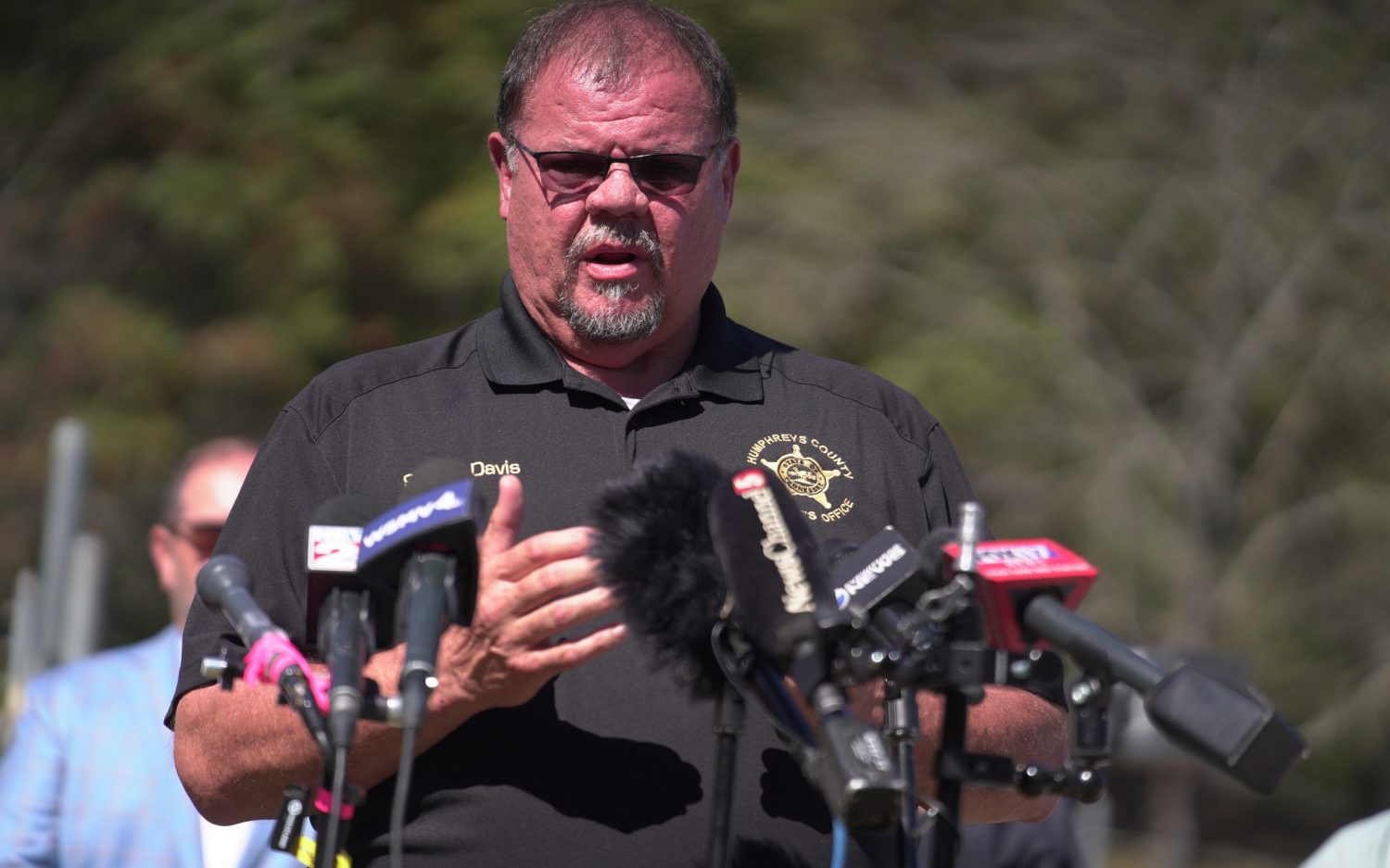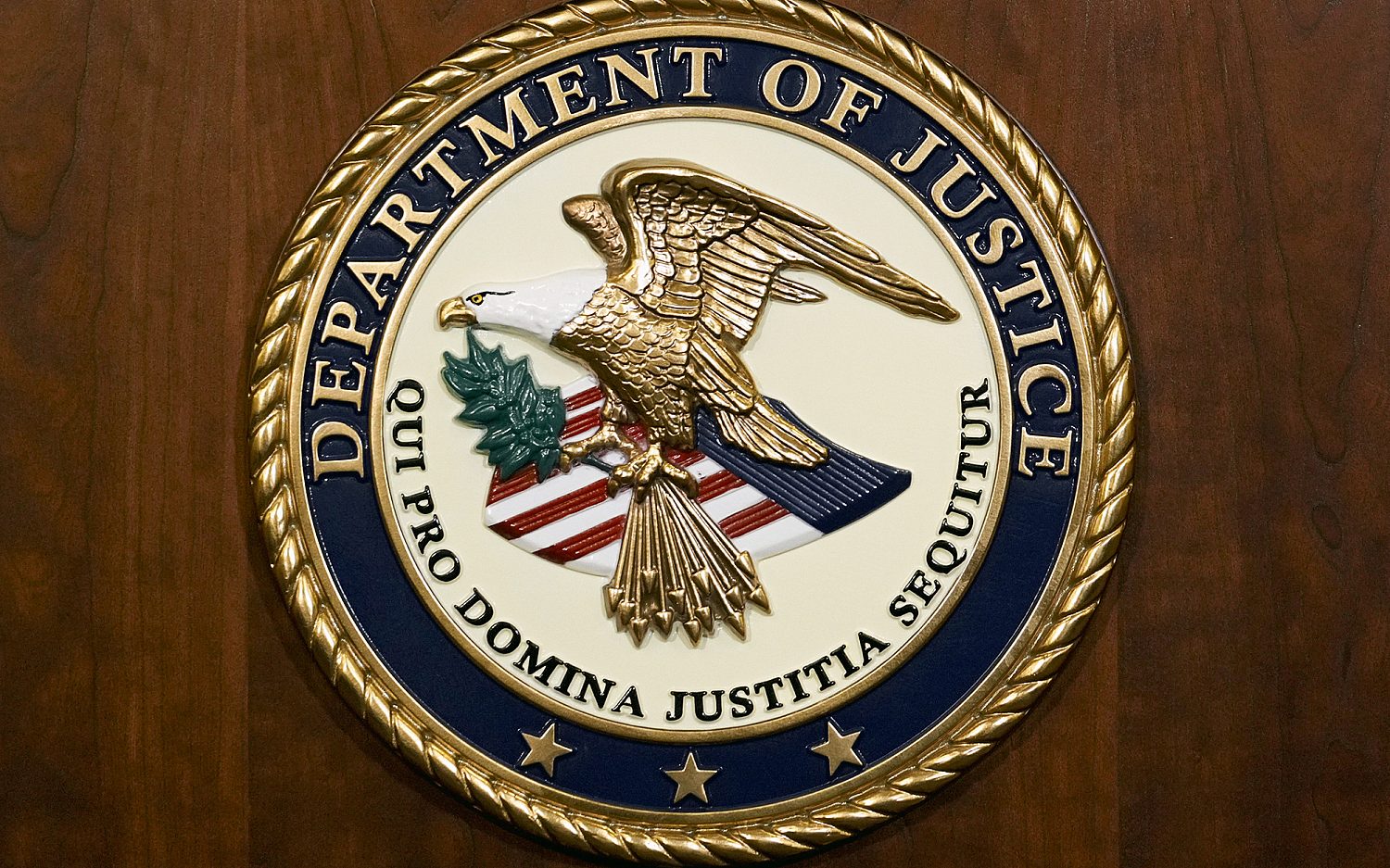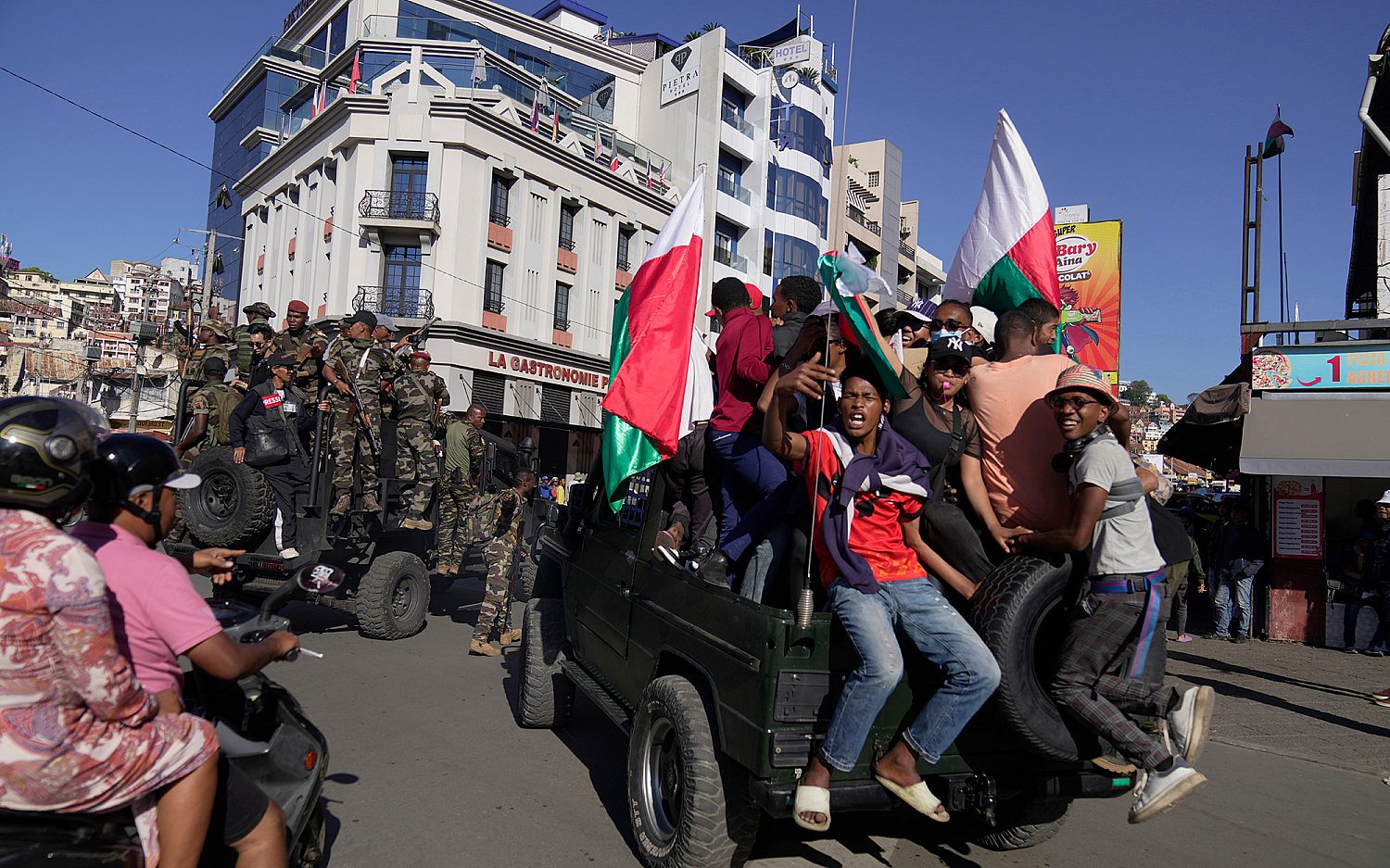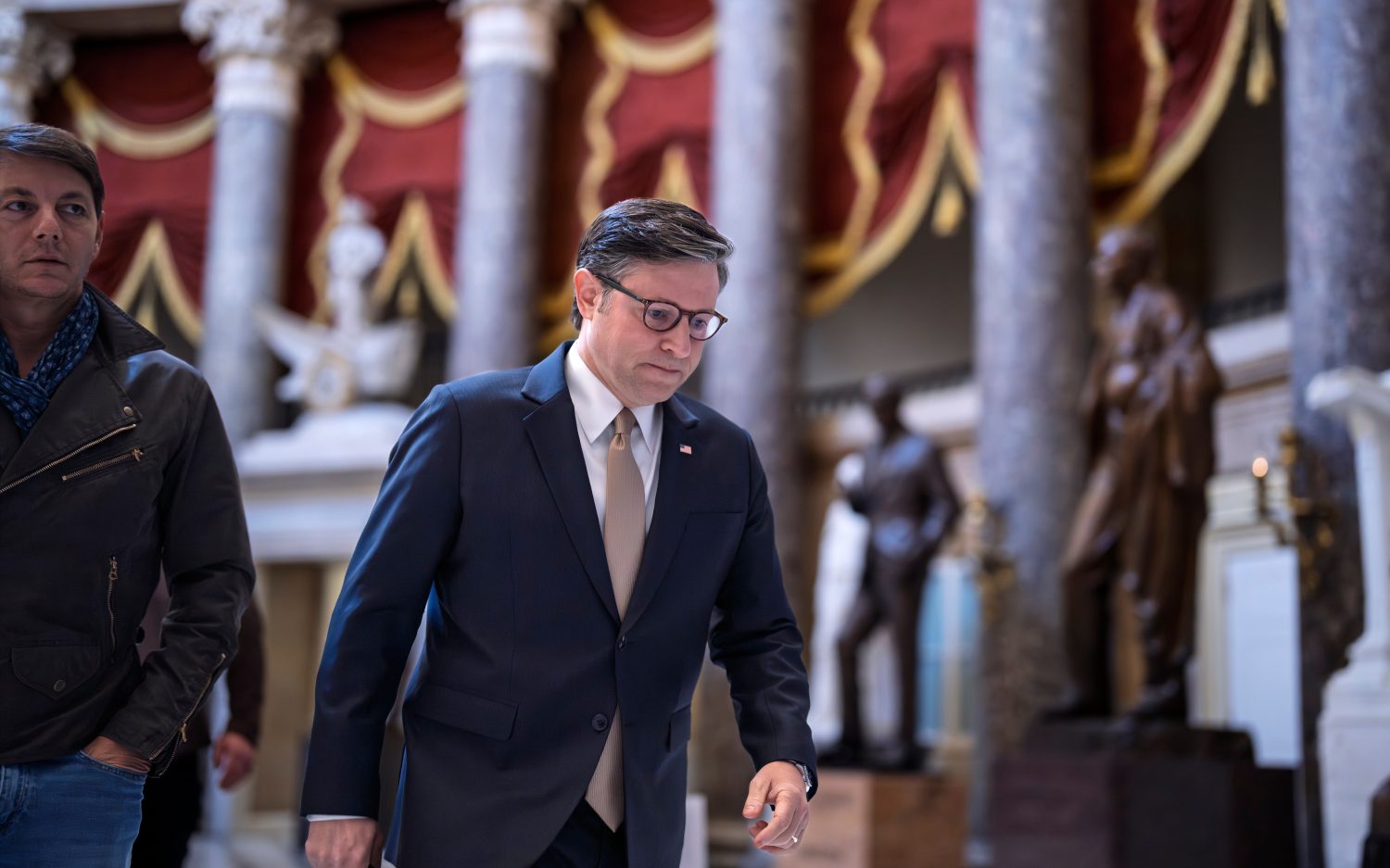Turkey's political turmoil could spell trouble for the Kurds
Turkish Prime Minster Ahmet Davutoglu announced his resignation today at a meeting with the ruling Justice and Development Party (AKP). He’s also stepping down as the party’s chairman.
His resignation paves the way for President Recep Erdogan to tighten his grip on power by appointing a more loyalist prime minister to back his controversial decisions on local and regional crises.
“I decided that for the unity of the [ruling party], a change of chairman would be more appropriate,” said Davutoglu, who’s been in office for 20 months. “I am not considering running at the May 22 congress.”
The ruling party will hold the emergency convention to select a new party leader.
After his election as president in 2014, Erdogan chose Davutoglu to lead the AKP party and work as an ally in his push for an executive presidential system. But the growing disparity in their political views strained relations between the two leaders.
Davutoglu supported the plan to continue peace talks with the outlawed Kurdistan Workers’ Party (PKK), while Erdogan has said military operations will continue until all the rebels are killed. But the U.S. and its international partners consider Kurdish fighters with the People’s Protection Units (YPG) allies in the fight against the Islamic State. Disagreement between the two leaders only deepened when Davutoglu, without support from Erdogan, spearheaded negotiations with the European Union to strike a deal under which Turkey will accept migrants in exchange for aid and visa-free travel for its citizens.
With Davutoglu’s resignation, experts worry Erdogan could more freely make controversial decisions in ongoing local and regional conflicts.
“Davutoglu was one of the last AK party politicians who would make suggestions of change to Erdogan’s policies,” Turkish writer Levent Gultekin told The Guardian. “This is a decisive step towards a one-man rule in Turkey.”
Davutoglu has said he will remain loyal to the party and its efforts while continuing as a legislator. Erdogan appears intent on consolidating power. Last week, he proposed revoking legislative immunity to allow the ruling party to prosecute pro-Kurdish lawmakers who support the PKK.
“He is the dominant political force in Turkey,” said Fadi Hakura, a Turkey specialist with the U.K.-based think tank Chatham House. “President Erdogan does not broker any opposition, disagreement, or debate on any issue he has decided on.”
The Associated Press contributed to this report.
An actual newsletter worth subscribing to instead of just a collection of links. —Adam
Sign up to receive The Sift email newsletter each weekday morning for the latest headlines from WORLD’s breaking news team.





Please wait while we load the latest comments...
Comments
Please register, subscribe, or log in to comment on this article.